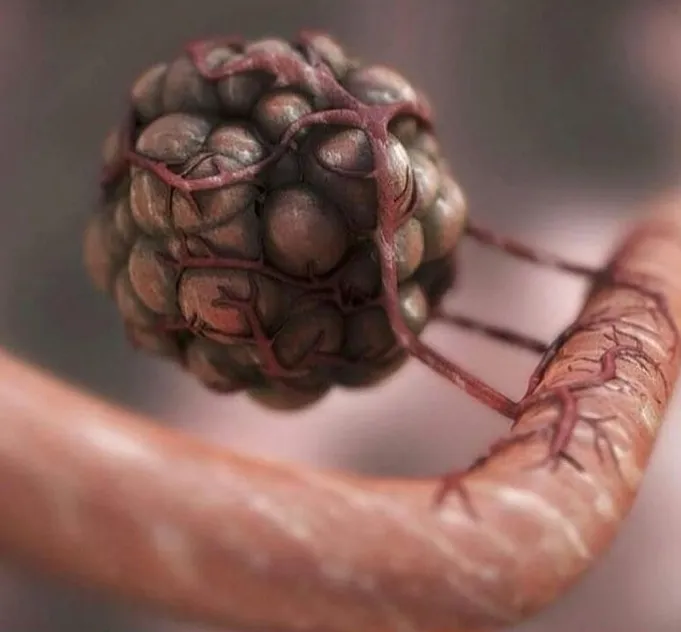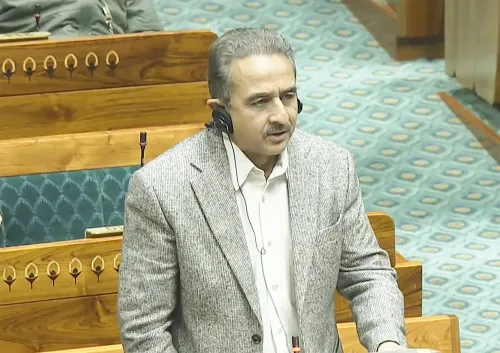Can Genetic Fingerprints Predict Immunotherapy Success?

Synopsis
Key Takeaways
- Genetic biomarkers can predict immunotherapy effectiveness.
- Distinct genetic signatures are found in responsive T-cell clones.
- Non-responsive patients may have T-cell clones in both blood and tumor.
- Activating tumor-specific T-cell clones can enhance immune response.
- This research could lead to personalized cancer treatment strategies.
Jerusalem, May 8 (NationPress) A team of researchers from Israel has successfully identified a genetic "fingerprint" that can help forecast the effectiveness of immunotherapy treatments, according to a recent study. This groundbreaking research, conducted by the Israel Institute of Technology (Technion), indicates that this discovery could significantly enhance the personalization of immunotherapy treatments, as reported by Xinhua news agency.
Immunotherapy is regarded as a monumental advancement in cancer treatment, as it improves the immune system's capacity to identify and eliminate cancer cells effectively.
However, a significant obstacle in immunotherapy is the inconsistent responses among patients. While some individuals may not experience any benefits, they could still endure side effects without any substantial improvement.
This situation highlights the pressing need for identifying biomarkers that can predict treatment effectiveness based on each patient's unique data.
The study, published in the journal Cell Genomics, focused on the genetic features of T-cell clones—groups of multiplied immune T cells that specialize in targeting a specific threat once it is recognized—and their impact on treatment outcomes.
In pursuit of this goal, the research team performed a comprehensive meta-analysis utilizing single-cell RNA sequencing and T-cell receptor sequencing data from cancer patients undergoing immunotherapy.
The findings revealed that while these T-cell clones are found in both responsive and non-responsive patients, those who respond to the therapy exhibit a unique genetic signature in their T-cell clones, with the treatment enhancing their immune activity.
Another critical observation was that in non-responsive patients, some T-cell clones were detected both in the bloodstream and the tumor.
To achieve a more effective immune response, it is essential to activate T-cell clones that are solely located within the tumor, rather than those that are present in both the tumor and the bloodstream, as per the researchers’ insights.
They concluded that this discovery will boost predictive capabilities and could pave the way for innovative treatment strategies aimed at improving the efficacy of immunotherapy.










